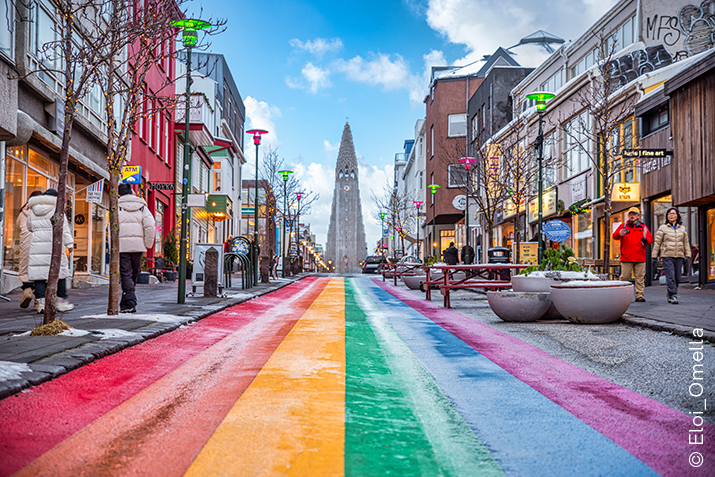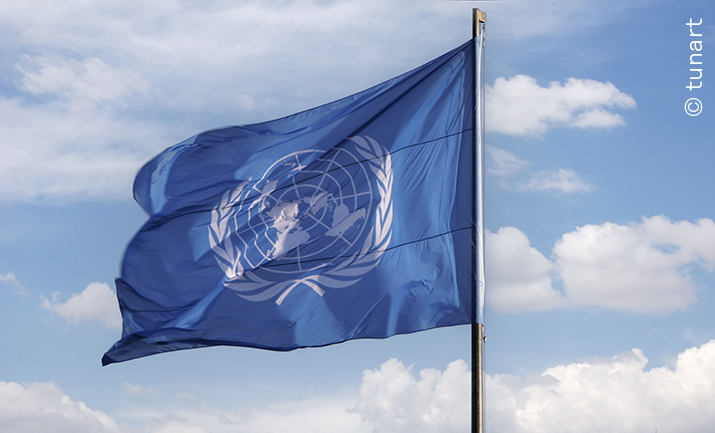HAPPENING AT THE UN
INTERNATIONAL DAY OF PEACE
It may be a legend, but the story of Marcus Porcius Cato bringing a basket of figs to the Roman Senate and offering them to his colleagues as a ploy to convince them to destroy Carthage remains relevant more than two thousand years later. For those who did not like Latin in high school, it is worth remembering that, according to Pliny the Elder and Plutarch, the famous politician who lived between 234 and 149 B.C. was obsessed with the danger of the Phoenician city, one of the most important Punic colonies in the Mediterranean. It was for this reason that he brought the delicious fruits from overseas and offered them to his colleagues, pointing out to them that they were very fresh and free from spoilage due to the journey. Everyone ate, gave thanks, but then had to give in to the pressure from the ‘Censor’, as they called him. If the figs were fresh, it meant that Carthage was too close, and therefore dangerous, and had to be destroyed. Carthago delenda est is the phrase that has remained in history, along with some mixed feelings: on the one hand, there are those who continue to think that it is better to destroy their neighbour because he is a potential threat, on the other hand, there are those who pretend to be unaware that air-raid alarms are constantly sounding a few kilometres from their home.
On the International Day of Peace proclaimed by the United Nations on 21 September each year, it becomes strikingly evident that, in some respects, things have not changed that much since the second century BC. On the one hand, Russia is trying to annihilate its neighbour, considering it a danger. On the other hand, Israel is reacting disproportionately to a violent, cowardly and unjustifiable terrorist attack perpetrated by Hamas. The ‘western’ world is trying to manage the crises with the weapons of economics and diplomacy, but almost inexorably ends up ‘getting used’ to the status quo, because the disasters, when seen on television, all look the same, they are something we have already seen, something ‘tolerable’, inevitable because they are part of human nature itself.
This may be partly true, but it does not exempt us from following the UN’s invitation to commemorate the Day through educational and awareness-raising activities on the theme of dialogue. This year’s theme is ‘Cultivating a Culture of Peace’. The word ‘cultivate’ seems particularly appropriate because building societies based on empathy and respect for human rights takes time. Brains need to be ‘watered’ every day, and neither too much nor too little, to prevent them from drying up or, on the contrary, from being swamped by predictability or indifference. It takes constant effort to uproot the roots of violence and to create an environment where justice can flourish. At the Bell of the Fallen we know that this is not easy, in fact it may well be impossible. You cannot always have everything: there will always be someone brandishing their neighbour’s figs and claiming that they are too fresh to be safe, but maybe we can do something better than passively witnessing the 56 conflicts that are active in the world at the moment.








